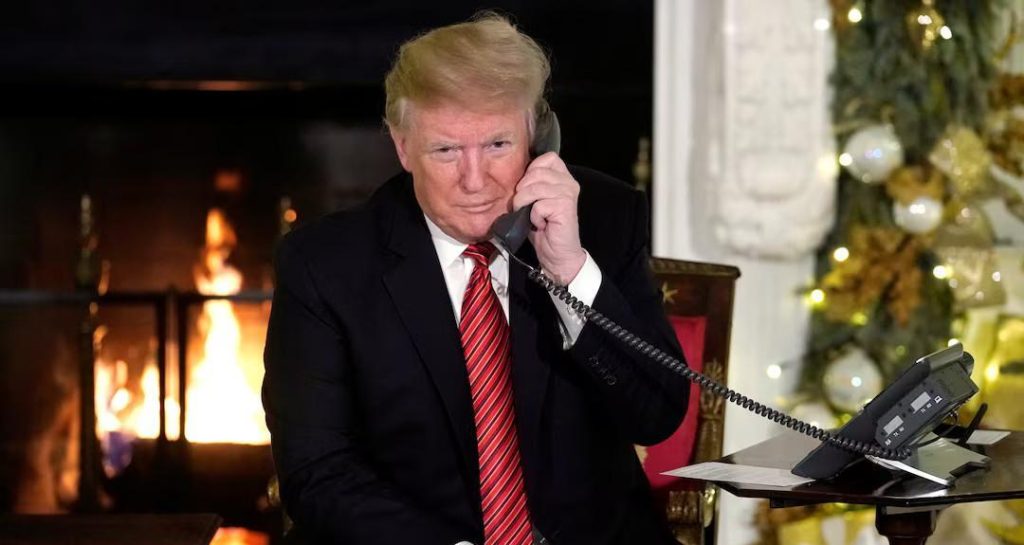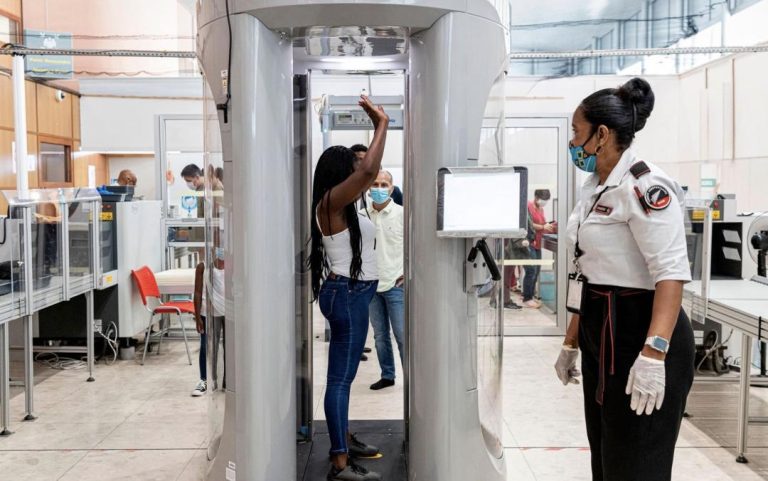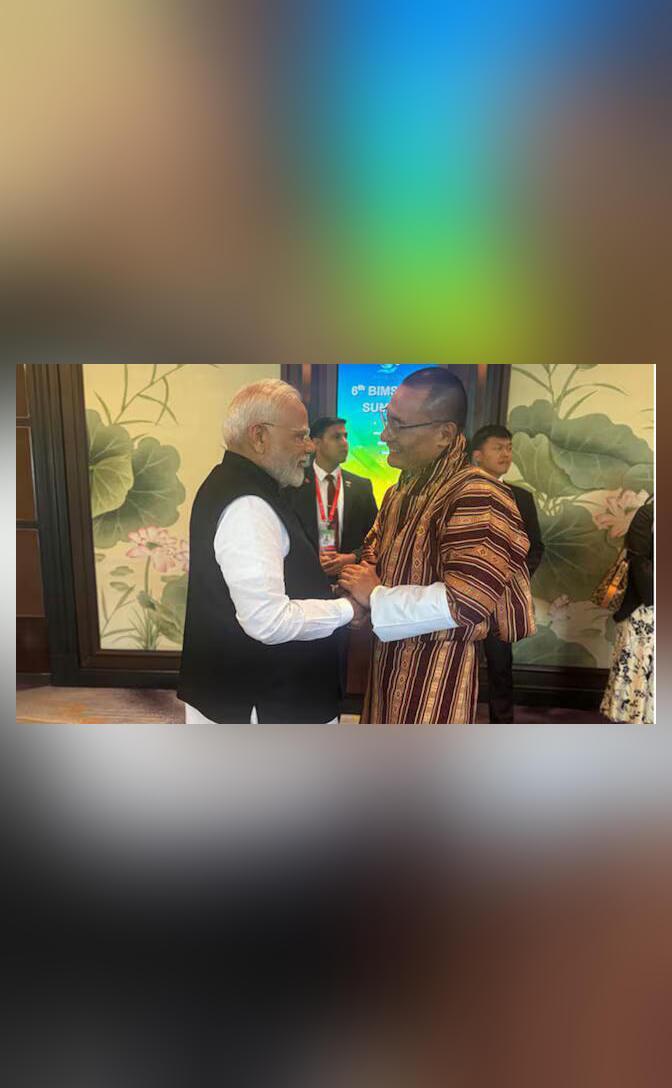
I am open to tariff negotiations; every country has called us: Trump
On April 3, 2025, US President Donald Trump announced that he was open to tariff negotiations with other countries, provided they offered something “phenomenal”. This statement came after the United States imposed reciprocal tariffs on countries around the world, a move that sent shockwaves through the global economy.
In a live press conference, Trump emphasized that the tariffs had put the US “in the driver seat” and allowed the country to take a strong stance in international trade negotiations. He also boasted that “every country has called us” since the tariffs were imposed, suggesting that the US was now in a position of power in global trade talks.
The tariffs, which were imposed on a range of countries including the European Union, Canada, Mexico, and Japan, are part of a broader effort by the Trump administration to renegotiate existing trade agreements and protect American industries. The move has been met with widespread criticism from trade experts and economists, who warn that the tariffs will ultimately harm American consumers and businesses by increasing costs and reducing global trade.
Despite this, Trump remains confident that the tariffs will ultimately benefit the US. In his press conference, he claimed that the tariffs would help to rebalance trade relationships and level the playing field for American industries. He also suggested that the tariffs would help to create jobs and stimulate economic growth, although he provided no specific evidence to support these claims.
The tariffs have already had a significant impact on the global economy. Stock prices tumbled around the world, with the Dow Jones Industrial Average falling by over 1% in response to the news. The tariffs have also raised concerns about the potential for a global trade war, as other countries may retaliate by imposing their own tariffs on US goods.
Some of the countries affected by the tariffs have already announced plans to retaliate. The European Union, for example, has threatened to impose tariffs on a range of US goods, including bourbon, blue jeans, and motorcycles. Canada has also announced plans to impose tariffs on US goods, including steel, aluminum, and whiskey.
Trump’s announcement that he is open to tariff negotiations has been seen as a potential olive branch to other countries. However, it remains to be seen whether the tariffs will ultimately be reduced or eliminated. The administration has not provided any details on what it is looking for in terms of concessions from other countries, although Trump has hinted that it may be seeking significant changes to existing trade agreements.
The tariffs have also raised concerns about the potential impact on American consumers and businesses. Many experts warn that the tariffs will ultimately increase costs for American consumers and reduce global trade, which could have negative consequences for the US economy.
Despite these concerns, Trump remains committed to his trade agenda. In his press conference, he claimed that the tariffs were necessary to protect American industries and workers, and that they would ultimately benefit the US economy. However, the impact of the tariffs remains to be seen, and it is unclear whether they will ultimately achieve their intended goals.
In conclusion, Trump’s announcement that he is open to tariff negotiations is a significant development in the ongoing trade tensions between the US and other countries. While the tariffs have raised concerns about the potential impact on global trade and the US economy, Trump remains confident that they will ultimately benefit the US. The outcome of the negotiations will depend on the concessions that other countries are willing to make, and it remains to be seen whether the tariffs will ultimately be reduced or eliminated.






